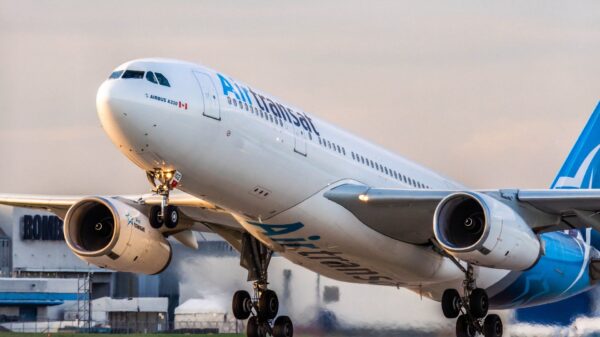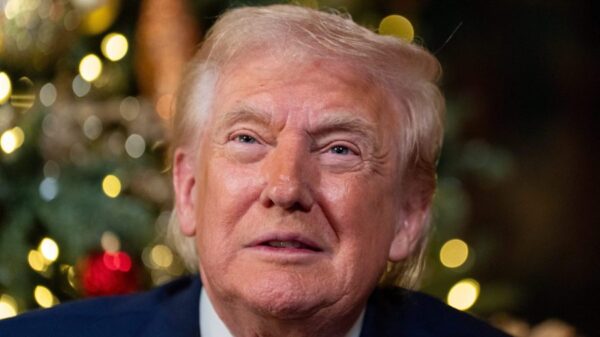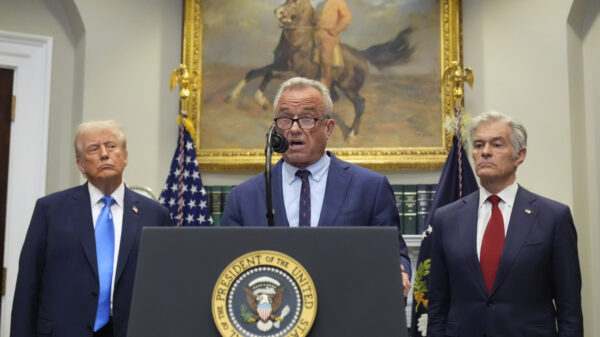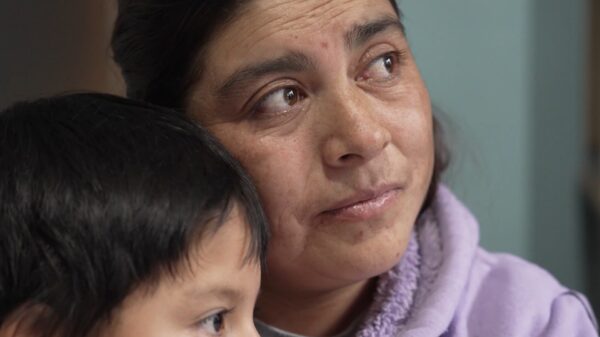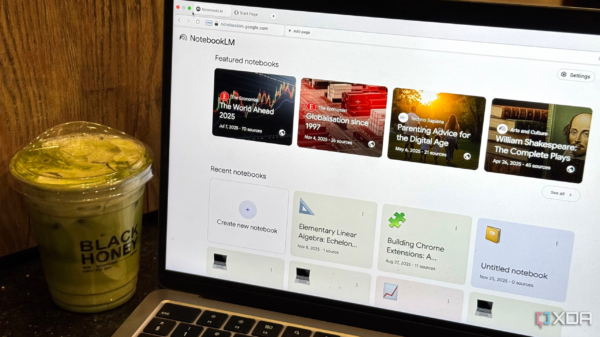Eli Lilly and Novo Nordisk are poised to announce agreements with the White House that would significantly reduce prices for their obesity medications. According to a report by Endpoints News, the companies plan to offer the lowest dose of their weight-loss drugs at a price of $149 per month, contingent upon gaining coverage under Medicare.
Patients in the United States currently face some of the highest prescription drug costs globally. On average, U.S. prices can be nearly three times greater than those in other developed countries. This situation has prompted ongoing pressure from the Trump administration for pharmaceutical companies to lower their prices to align more closely with international standards. By securing Medicare coverage, the new pricing strategy could potentially open vast reimbursement opportunities for patients over the age of 65 or those with disabilities.
In a related development, the Wall Street Journal reported that the Trump administration is negotiating arrangements to enable the sale of Eli Lilly’s and Novo Nordisk’s lowest doses through a new initiative called TrumpRx. Under this program, the starting dose of Eli Lilly’s Zepbound is expected to be priced at $299, which represents a $50 reduction from the current direct-to-consumer price.
The official announcement of these agreements is anticipated to occur on Thursday at the White House, where President Trump is expected to be joined by pharmaceutical executives. While White House spokeswoman Karoline Leavitt refrained from pre-empting the President’s announcement, she reaffirmed the administration’s commitment to reducing drug prices. “I won’t get ahead of the president on any future announcements, but I will echo his strong commitment to bringing down drug prices in this country,” Leavitt stated during a briefing.
A spokesperson for Novo Nordisk confirmed that the company is engaged in constructive discussions with the administration regarding the most-favored-nation executive order. Eli Lilly has yet to respond to requests for comment from Reuters regarding these negotiations.
Notably, Eli Lilly and Novo Nordisk are not the only pharmaceutical companies negotiating with the Trump administration. In September, Pfizer became the first drugmaker to reach an agreement, lowering its Medicaid prescription drug prices to match those charged in other developed countries in exchange for tariff relief. Following this, UK-based AstraZeneca signed a similar agreement in October.
As discussions continue, the potential impact of these agreements on patient access and affordability remains a critical topic for stakeholders across the healthcare landscape. The outcome could not only reshape the pricing of obesity drugs but also set a precedent for future negotiations between the government and pharmaceutical companies.








